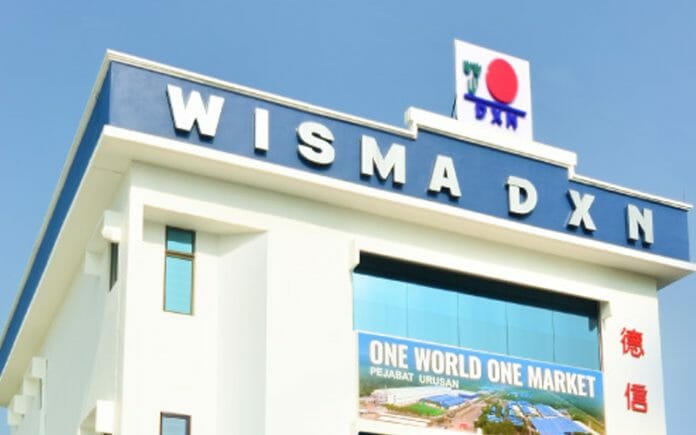Initial public offerings are on the rise at Southeast Asian stock exchanges. While the amount raised through IPOs worldwide declined some 30% year-on-year from this January to June, it rose about 40% in Southeast Asia. The IPOs that stood out were those of companies focused on domestic demand, such as real estate and food products, as well as resource companies dealing with renewable energy — but not tech companies, which are facing deteriorating market conditions in the U.S. and Europe.
With the help of Dealogic, a financial market platform, Nikkei analysed IPO data from Southeast Asia. IPOs raised $4.1 billion from January to June in 2023, a 43% increase over the same period last year, and the number of IPOs increased by 14% to 79.
Both the number of IPOs and the amount that they raised have been increasing since 2019, before the impact of the COVID-19 pandemic. While still small compared to the U.S. and Europe, they have increased about 80% on a value basis.
Amman Mineral International, a copper and gold miner that listed on the Indonesia Stock Exchange on June 19, raised the most funds at the time of its IPO, at over $700 million. A portion of those funds will be used to invest in the refining of copper and precious metals.
Amman operates the Batu Hijau mine, Indonesia’s second-largest gold and copper mine, in West Nusa Tenggara province. Demand for copper is increasing thanks to a growing global focus on decarbonization measures, including electric vehicles and offshore wind power. EVs, for example, use copper materials for motor coils and other electric parts, and they require more copper than gasoline-powered vehicles. Amman’s performance is steadily improving with the growing EV market.
Indonesia accounted for 41 IPOs, more than half of the total in Southeast Asia, and the top four fundraisers were Indonesian companies. Each of them is capturing new demand from EVs and other industries related to decarbonization.
The second-biggest fundraiser was Trimegah Bangun Persada, a nickel mining and refining company under the local conglomerate Harita Group. The company produces nickel-cobalt mixed hydroxide and other materials for EV batteries. Third-ranked Merdeka Battery Materials is engaged in nickel smelting under the umbrella of gold and copper miner Merdeka Copper Gold, and fourth-ranked Pertamina Geothermal Energy is a geothermal power generation subsidiary of state-owned oil company Pertamina.
In Thailand, Millennium Group, which is involved in automobile sales and other businesses, was listed on the first section of the Stock Exchange of Thailand in April, and the initial price exceeded the offering price. The funds it raised will be used mainly for investment in vehicle maintenance to support electric vehicles. EVs are spreading rapidly in Thailand, and market participants are optimistic about their growth prospects.
Master Style, which was listed on the second section in January, has a hospital specializing in cosmetic surgery in central Bangkok, with over 40 specialized doctors and more than 700 professional staff members. The level of medical care in Southeast Asia is high and demand is strong, as evidenced by the fact that tours are being planned for people to undergo cosmetic surgery.
In Malaysia, DXN Holdings, a health food company, went public in May, raising $146 million. DXN makes and sells health foods and cosmetics using ingredients such as reishi mushrooms. In the same month, real estate developer Radium Development also went public.
Many of the companies that had IPOs from January to June have been in business for many years, and there were no tech startups like GoTo. The slump in growth markets in the U.S. and Europe, and the reaction to the overvaluation of companies until a few years ago, has led venture capitalists in the U.S. and Europe to hold back on investment in Southeast Asia as well.
“There are hopes that Indonesia will continue to grow into a market where unicorns will list, but the current startup IPO environment remains tough,” said Takahiro Suzuki, a general partner at Genesia Ventures, which invests in startups in Asia. Unicorns are unlisted companies with a value of $1 billion or more.
With the current decline in the number of unicorn-level startup listings, Southeast Asian stock exchanges are seeing listings by medium-size companies and by companies affiliated with large corporate groups. “Some of it is a demand for funds because of fears about economic instability spreading from Europe and the U.S.,” said an executive at a Thai financial organisation.









